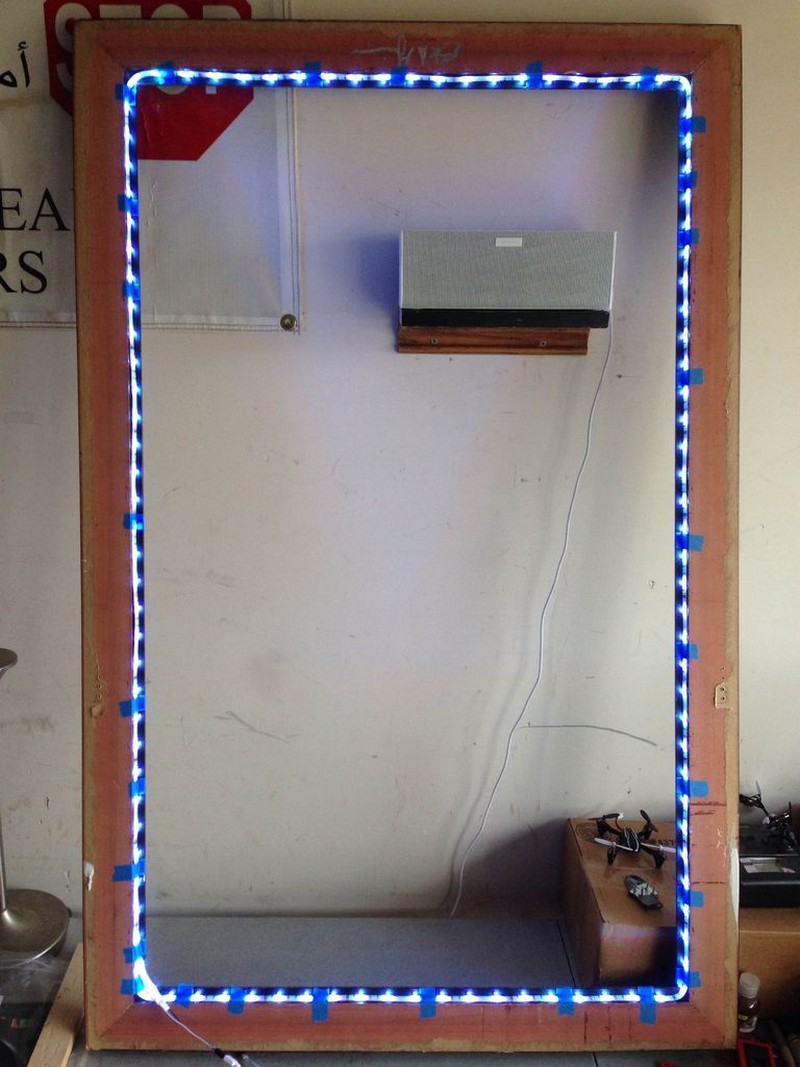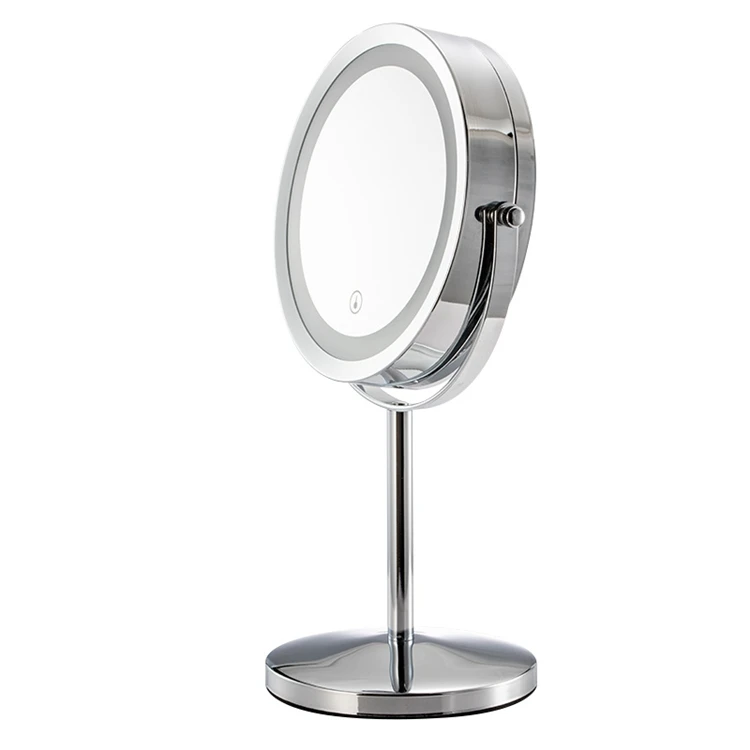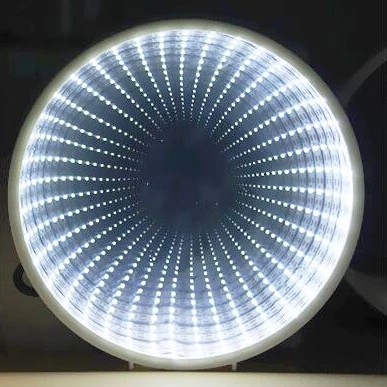
“Funding of this type is essential to allow new ideas to be tested and ensure that concepts previously thought to be impossible can be explored. Prof Hand said: “We applied our 4MD Platform grant strategically across a range of different projects, which allowed feasibility studies and proof-of-concepts to be delivered which has led to considerable follow-on funding and research. Professor Duncan Hand, of Heriot-Watt University, said their “overarching objective” had been to use the “flexibility of the Platform grant to develop and exploit manufacturing technologies to provide medical device manufacture that is both practical and commercially viable, leading to new and improved healthcare solutions”.īut with the Platform grant scheme no longer available, Heriot-Watt University is calling on other funders to consider a scheme with similar flexibilities. “We’ve overcome a major drawback of using ultrafast, laser inscription techniques for manufacturing distal-end-microsystems for fibre-optic medical instruments.” This gives us control of the shape of the focal volume, and therefore more efficient use of the available laser pulse energy during manufacture. “We’ve achieved a major manufacturing advance using laser beam shaping techniques. “To encourage take-up of state-of-the-art devices, it is vital to provide low-cost and highly repeatable manufacturing solutions. Coming up with a medical device innovation is exciting but if it can’t be made commercially, it won’t be used in hospitals and clinics.


“However, up to now, they have been very expensive to produce. He added: “Increasingly, micro-devices are being developed for minimally invasive measurement and therapy, for example, in cancer detection and precision laser surgery.

Professor Robert Thomson of Heriot-Watt, who led the project team that developed the new manufacturing technique, said that “medical device technologies are vital for the detection and treatment of a huge number of diseases and healthcare challenges”.

The five-year, £1.3 million 4MD Platform grant was funded by the Engineering and Physical Sciences Research Council (EPSRC) as part of UK Research & Innovation – with the grant leading to further cash for the university, helping it to set up a Medical Device Manufacturing Centre. The breakthrough was revealed in a report on the impact of a grant that the University was awarded. However, a new technique developed by Heriot-Watt University has dramatically cut this down to just a few minutes using laser beam shaping techniques.


 0 kommentar(er)
0 kommentar(er)
